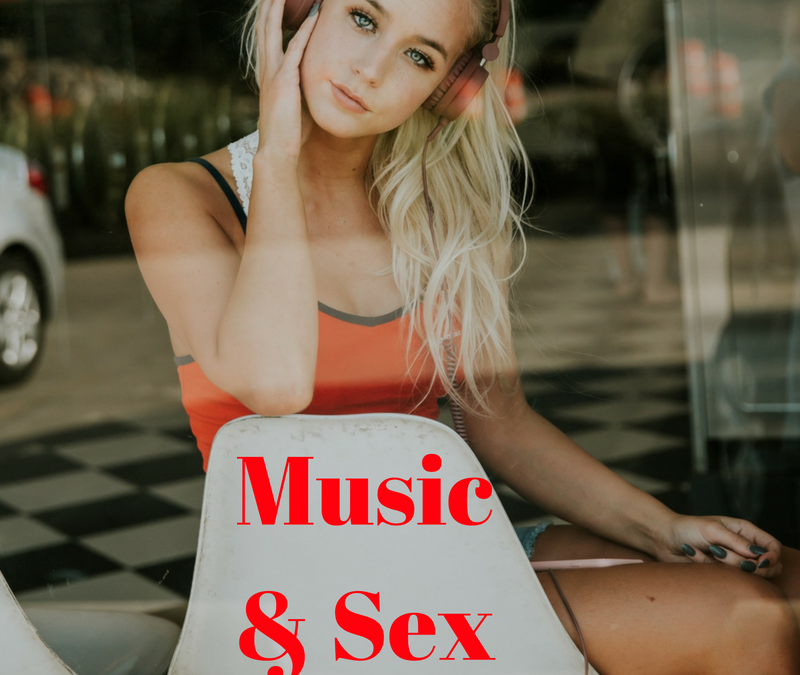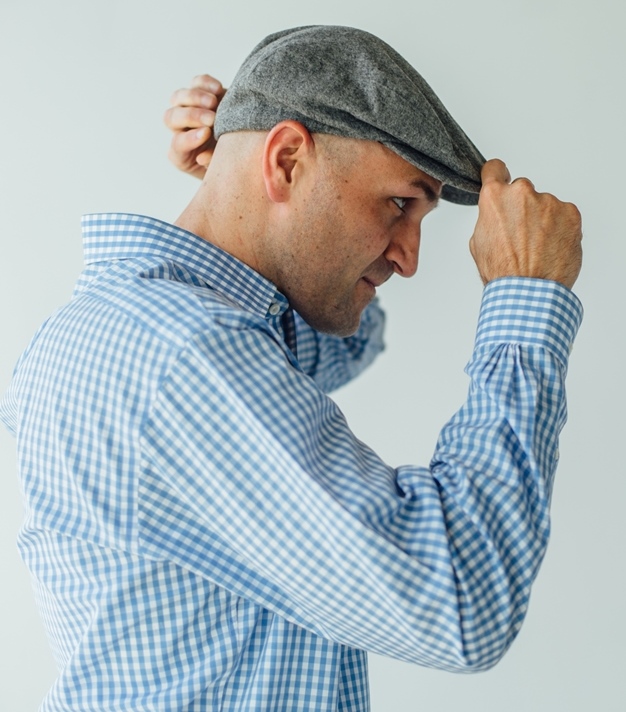I’ve always joked that peer pressure starts at about age 1… from the parents! “Taste the broccoli. It’s good. Taste it! Taste it!” With relenting energy, we push. We insist. Even though the child obviously does not want it, we pressure. We force our own agenda upon them. The kids don’t fully comprehend it. Hell, we don’t even completely realize it. But in truth, from that moment on as a toddler, the influences of this world are unyielding and unforgiving, and at times even undetectable.
This life is really never without influence. Outside forces constantly circle and prey on us. Sometimes we are aware of them. Other times, we are not. And in fact, sometimes the influences, like the incessant parents, are not consciously aware of their own control and leverage. Almost everything we consume carries a message. Sometimes we are well aware of it and other times it is more subliminal.
Nonetheless, whether it be good influence from parents pushing healthy food or negative influence from the dealer pushing pills, the outside noise will affect us along the way, affect who we are, how we act, and what we believe.
One of the biggest providers of noise and influence, and often one that is swept under the rug by many, is music. I used to be as skeptic as they come when it came to the thought that my music influenced what I believed and who I was. To me that was nonsense. Many I teach live in the same boat of skepticism. But with age, research, and retrospect, I do see the potential connection and link between who I used to be and what I used to fill my ears with.
To think that blasting Ludacris’s What Your Fantasy in my ears without thinking about “lick lick licking” somebody from their head to their toe is craziness. As a young adult, I constantly filled my head with similar music. And I’m not saying all music is bad, the old man shouting at you about the youth and scolding you to get off of my lawn… Most music artists do have uplifting songs as well or have both sides of the coin represented in their music, but much of mainstream music does lean on the side of pushing this agenda of sex and hookups. And who I was as a person back when I filled my ears with much of that mirrored that same agenda.
And I wondered: Was I simply listening to those songs because I was living that way and believed those things, so I catered my taste in music to who I was? OR was I being influenced by the songs causing me to think less of such behavior and continue on that path?
Some research draws a direct connection. Dr. Brian A. Primack of the University of Pittsburgh School of Medicine reports that teenagers who listened to sexually driven song lyrics were more likely to engage in sexual behavior.
However, as I researched the influence of music more, it became aware my same question lingers in some of the research. Even if research sees a relationship between sexual messages in music and sexual behavior, often missing is a distinct proven cause and effect relationship. There is that asterisk at the end of the research, which leaves me torn.
It’s like the chicken and the egg. Do those who live sexually promiscuous lifestyles tend to listen to sexually driven music OR does listening to sexualy driven music lead to sexually driven behavior?
I tend to lean toward the latter. I think most of us know there is some truth to both, and some give and take, but we don’t ignore the common sense piece acknowledging the influence of our surroundings. Whether it be family, friends, advertisements, music, or TV, we know there is some level of predator and prey. I left on the radio the other day and just moments later my daughter is singing Hailee Steinfeld’s lyrics, “You do things to my body. You do things to my body.” Not exactly what I want my 4 year-old singing. But it doesn’t take much for the influence to grab hold.
When I teach about sex I warn kids about the influence of the noise around them, music being a main component, and how it can normalize certain behaviors. The Atlantic details a report done by Albany psychology professor Dawn R. Hobbs in Evolutionary Psychology, which states that about 92% of the 174 songs in 2009 on the Billboard Top 10 had sexual messages. The vast majority. And the New York Times discussed a study by The Archives of Pediatrics and Adolescent Medicine stating that teens listen to about 2.5 hours of music a day, about 16 hours a week. That is a lot of time to be consuming sexually driven messages, especially if those are counter to who we say we are or who we want to be.
I ask students to ponder this question: Does what you listen to align to who you are and what you stand for?
It’s a question I’ve asked myself. It’s a question I’ve asked adults. If the answer is no, then why are we listening to it? Why would we fill our brains with information counter to who we are? Many PhDs would warn that our behavior and beliefs could be altered because of what we are letting in through our earbuds. Should be enough for us to alter our mindset and/or behavior?
And where do we go from here? If 92% of music is pushing a noncommittal sexual agenda, do we all become monks or hermits and delete all of our music from our phones and live away from civilization? Do we cut ourselves off from all music and media? Of course not. But to consume blindly can lead to a very bad place. It did for me. Not acknowledging the reality of the influence is a dangerous place to live. A simple conscious effort and awareness can help in finding balance between who we are and who the world wants us to be.
Because at the end of the day, with or without us knowing it, from Fetty Wap to Baby Bop, music will influence us.
Comment below. Would Love to hear what you think. Share the article if you liked it! Subscribe or follow us on social for more content. Thanks for reading!




